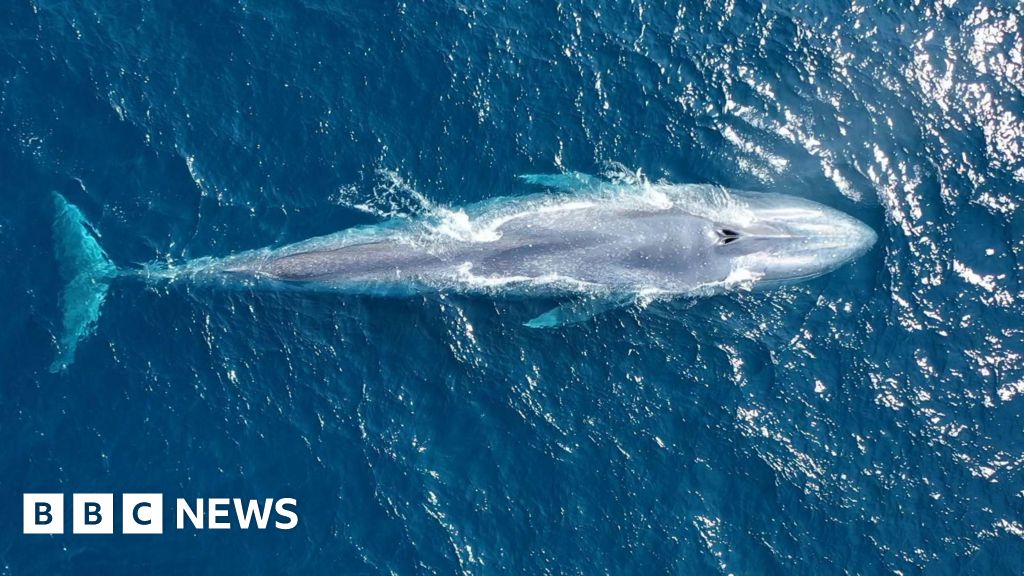- The Green Light
- Posts
- 🌱💡 Creating climate policies that work
🌱💡 Creating climate policies that work
Today's good climate and environment news
From scientific discoveries to activist wins, here are the latest news stories that showcase the people who are taking on climate change and nature loss.
🤝 Why putting people at the heat of climate solutions matters
Support for Green parties across Europe is floundering, but public support for climate action remains strong, writes a group of academics in The Guardian. The trouble is turning these good intentions into concrete policies, because people fear the negative impact on their wallets and livelihoods. But if climate policies don’t shy away from addressing these often unequally distributed costs, whether by putting cash in people’s pockets, improving public transport, or creating new jobs, they can stymie this public opposition from the get-go, the writers argue.
“The structural changes required by the climate transition can feel deeply unsettling to people. Successful action requires convincing ordinary people that they are part of the solution – not treating them as the problem.”
⛏️ The startups in search of cleaner copper
From wind turbines to solar panels to EVs, decarbonising the world depends on the availability of copper. But copper mines are beginning to run dry, while the process of smelting the metal is incredibly polluting and harmful to local communities. So a handful of startups are working on various ways to get copper from ores that have a lower concentration of it. This is harder to extract, but could provide billions of tons of the metal. If these technologies – which so far have only operated at a lab scale – work, they could provide the vast quantities of this essential material for the energy transition, without putting vulnerable communities at risk.
🐋 The volunteers shedding light on whale behaviour
In Timor-Leste, volunteers are peering into the ocean in hopes of spotting pygmy blue whales as they make their journey to south Australia. This group of citizen scientists, made up of villagers and students, have spotted 3,000 whales over the last 10 years. Their observations have made valuable contributions to our knowledge of these creatures, including capturing video footage of a mother nursing her calf, showing how enthusiastic amateurs with basic equipment can fill in the gaps for scientists.


